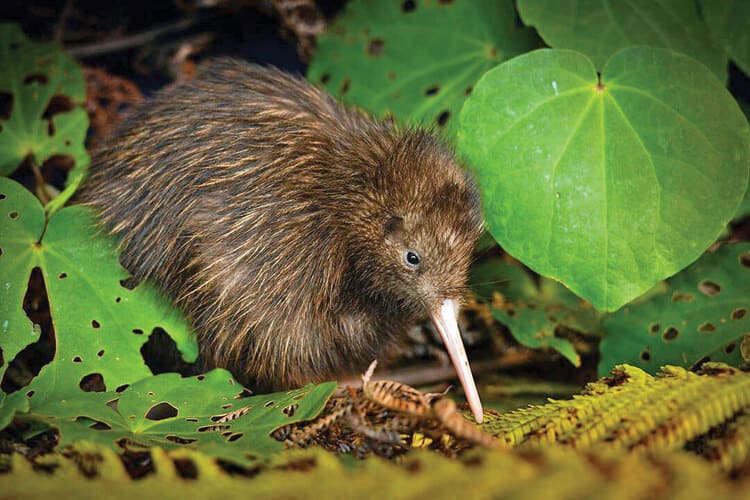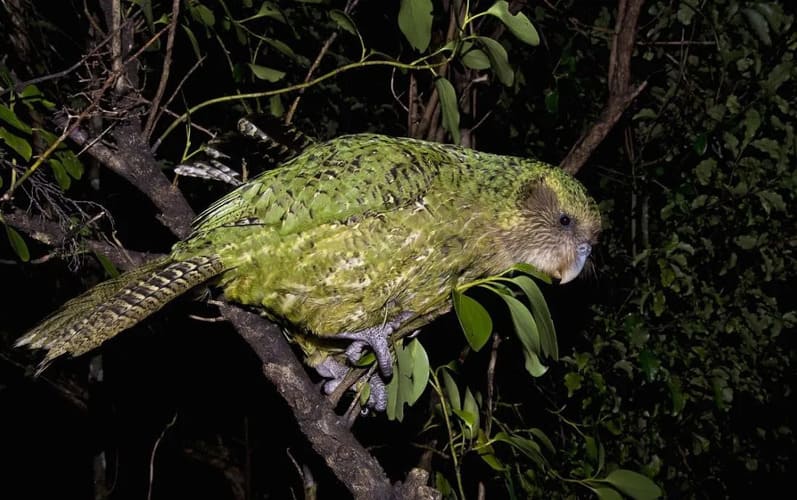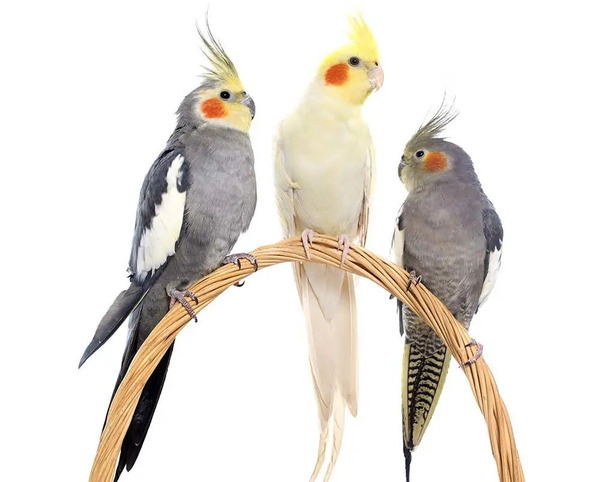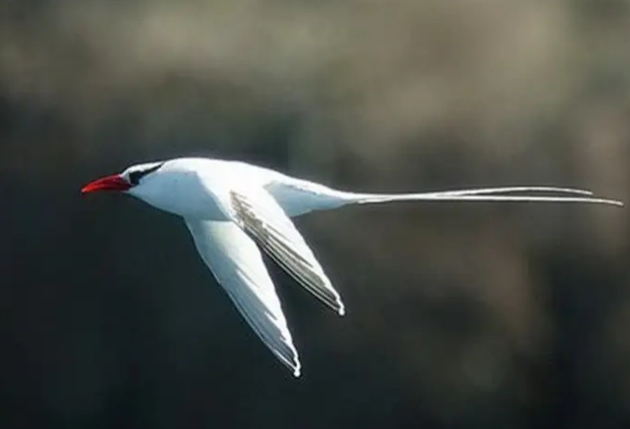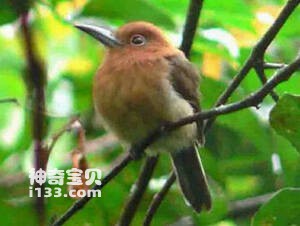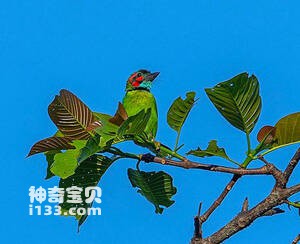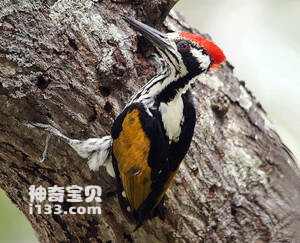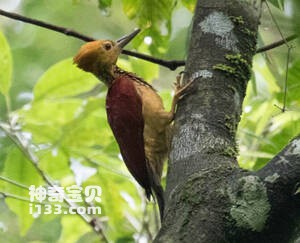Nyctibius aethereus
IUCN
LCBasic Information
Scientific classification
- name:Nyctibius aethereus
- Scientific Name:Nyctibius aethereus,Long-tailed Potoo
- Outline:Climbing birds
- Family:
Vital signs
- length:45-54cm
- Weight:No textual research information is available
- lifetime:No textual research information is available
Feature
Distribution and Habitat
South America (including Colombia, Venezuela, Guyana, Suriname, Ecuador, Peru, Bolivia, Paraguay, Brazil, Chile, Argentina, Uruguay, and the Malvinas Islands (also known as the Falkland Islands))
Appearance
The long-tailed wood owl is a large owl with a body length of 45 to 54cm, and the male and female are similar. The adult bird is light gray overall, the head is round, and the gray face plate is obvious. The owl has black eyes, yellow beak, and no ear tufts. Its upper body is gray with brown markings, the lower body is white with dark brown stripes, and the tail feathers are gray.
Details
Nyctibius aethereus, or Long-tailed Potoo, is a large owl that lives in northern mountain coniferous forests and mixed coniferous and broad-leaved forests. It often travels alone except during breeding. The long-tailed wood owl mostly lives in the deep forest during the day, standing upright on the horizontal thick branches near the trunk of the tree. Its body color is lighter than that of the Wulin Owl, and it is difficult to be found in the birch forest. The long-tailed wood owl forages mainly in the morning, evening and night. Mice are its main food, and sometimes it also catches insects, frogs and medium-sized birds. In winter, when temperatures are lower, the long-tailed owl occasionally flies to the edge of the forest to warm itself in the midday sun. The long-tailed owl is usually less daring during the non-breeding season, and flies into the dense forest immediately when approached. The breeding season is different, and will even actively attack people who come near their nests and young birds.
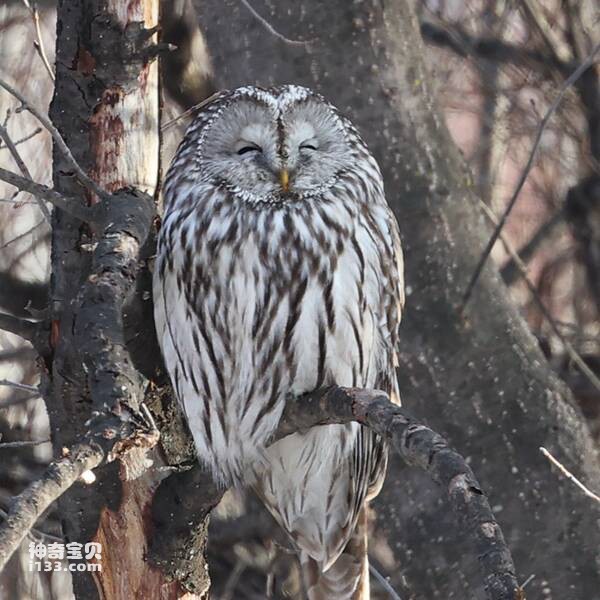
The International Union for Conservation of Nature (IUCN) classiifies it as non-threatened (LC); "China Red List of Vertebrates" rated as near threatened (NT).
Protect wild animals and eliminate wild meat.
Maintaining ecological balance is everyone's responsibility!

